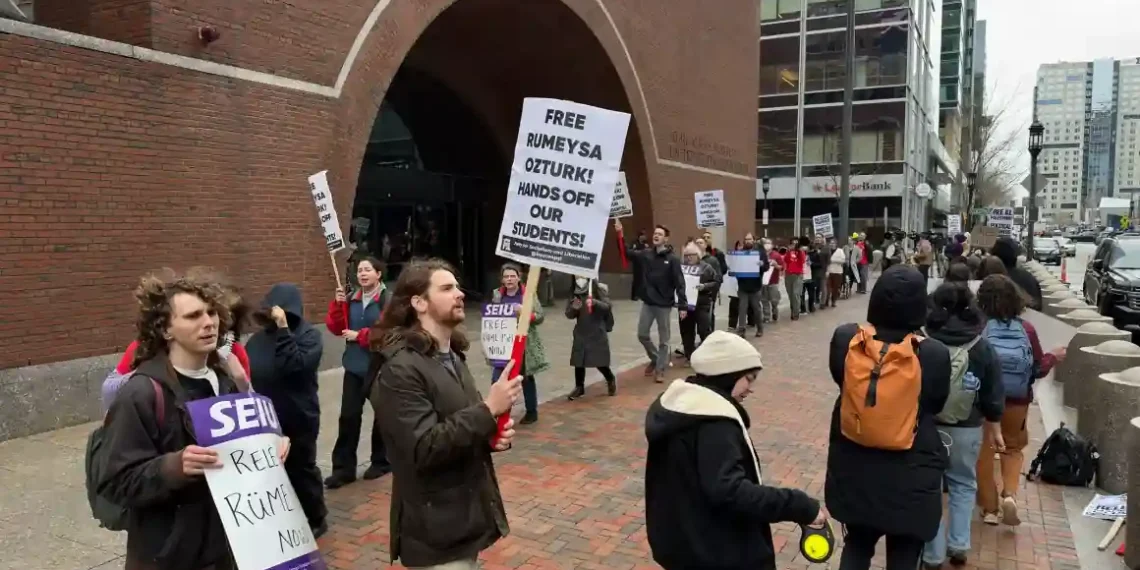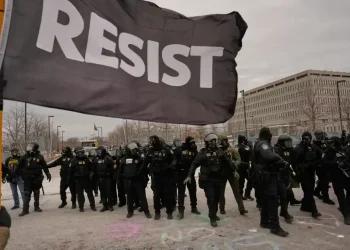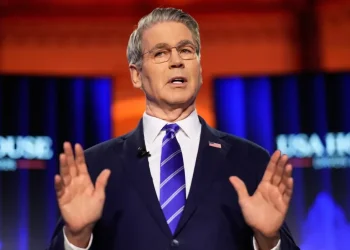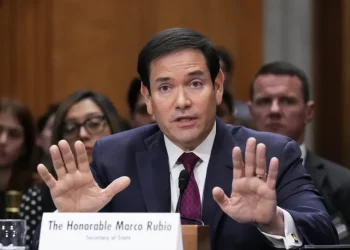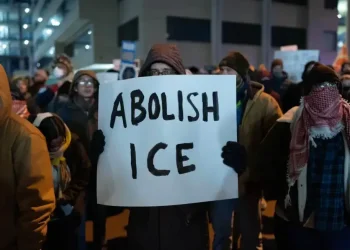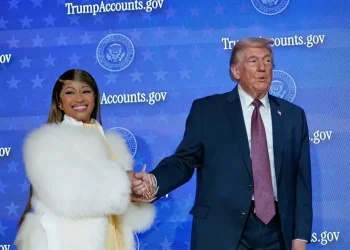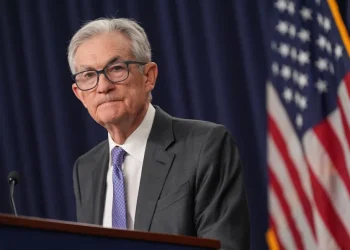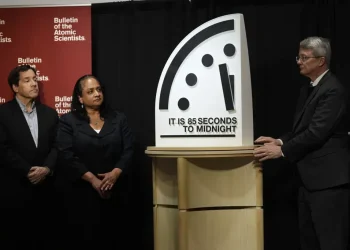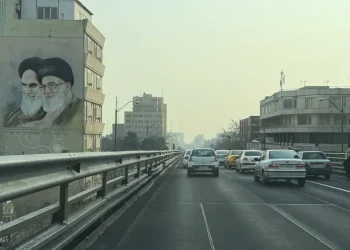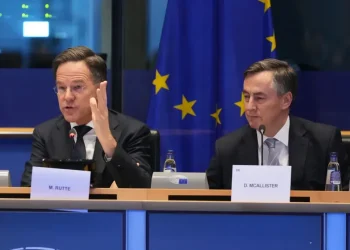More Than 300 Student Visas Revoked as Deportation Rules Tighten
The case of Kseniia Petrova, a researcher at Harvard Medical School, underscores the growing and troubling trend of student visa revocations under the Trump administration’s expanded immigration policies. Petrova, a Russian national, found herself detained after an innocent mistake on her customs form. She failed to declare frog embryos—considered “non-hazardous”—that she was carrying when returning to the US from France. Instead of receiving a fine, Petrova’s visa was revoked, and she was taken into custody.
Petrova’s lawyer, Greg Romanovsky, described the action as a grossly disproportionate punishment, stressing that the mistake was inadvertent. However, Homeland Security reports a different narrative, claiming that messages on Petrova’s phone indicated she intended to smuggle the embryos through customs.
Now, Petrova sits in an Immigration and Customs Enforcement (ICE) detention facility in Louisiana, awaiting a June 9 hearing that could lead to her deportation to Russia. Her attorney fears that Petrova, known for her outspoken opposition to Russia’s invasion of Ukraine, could face immediate arrest upon her return.
Petrova’s situation highlights the increasing number of international students, faculty, and researchers facing deportation threats as visa revocations continue to rise. According to Secretary of State Marco Rubio, over 300 student visas were revoked this year alone, with many of these individuals being accused of minor offenses—sometimes even misdemeanors—or no reason at all.
This new wave of visa revocations comes amid the Trump administration’s broader immigration crackdown. Previously, high-profile cases involved those accused of supporting terrorist organizations, such as Mahmoud Khalil, who was arrested after participating in pro-Palestinian protests at Columbia University. Now, however, many students are facing deportation for seemingly insignificant infractions, such as years-old misdemeanor charges or sometimes no clear reason.
Immigration lawyers argue that these actions are creating widespread fear and confusion, making it difficult for students and their families to understand why they are being targeted. Jeff Joseph, president-elect of the American Immigration Lawyers Association, noted, “All of these tools in the immigration statute have been used before, but now they’re being applied in ways that cause mass hysteria and panic.”
Visas are generally revoked for a variety of reasons, and it is not uncommon for student visas to be rescinded. However, the forced removal of individuals already living in the US, especially in the middle of an academic term, is something that many immigration experts, like attorney David Wilson, see as an unprecedented overreach. “A visa is like the key to start a car. It’s different, though, to stop the car in the middle of the street and tell the person to get out,” Wilson explained.
One such case involves Xiaotian Liu, a Dartmouth graduate researcher from China. Liu’s F-1 student visa was revoked without explanation, despite the fact that he had committed no crimes or even traffic violations. His attorneys have filed a lawsuit, seeking a restraining order to prevent his immediate deportation.
Many students have found themselves detained without warning, often after their visa status is abruptly revoked. Take, for example, Doğukan Günaydin, a graduate student at the University of Minnesota who was detained by ICE in late March due to a past DUI conviction. According to his attorney, Günaydin’s visa was revoked hours after he was detained while on his way to class. Immigration attorneys argue that while a DUI can justify visa revocation, deporting someone based on that violation is unprecedented.
Despite the rising number of deportation cases, the Department of Homeland Security has been tight-lipped about the details of these actions. In fact, universities like Stanford and UCLA have learned about visa revocations only after checking a government database, without receiving direct notification from authorities.
The uncertainty surrounding these immigration policies has created widespread fear, not only among students but also within the international academic community. Many students now feel anxious about their future in the US. A freshman at a Philadelphia university, who requested anonymity, expressed the collective anxiety many students are experiencing: “We don’t know what’s going to happen. People could be targeted without being related to something.”
The government has encouraged some individuals to leave voluntarily, offering the option to “self-deport” through a new app, “CBP Home,” rather than risk detention and deportation. However, the threat of permanent expulsion from the US has led many to question their future, with some choosing to leave out of fear of being detained at any moment.
The rapid and unpredictable nature of these deportations is unsettling students and faculty members alike. Immigration attorneys have reported that clients, even those who have been in the US for years, are now worried about the consequences of seemingly minor infractions. “People are terrified that any contact with law enforcement could unravel their life here,” Wilson said, adding that individuals who have naturalized or studied in the US for years are now questioning their safety in the country.
As the number of students and academics facing deportation continues to rise, the legal community is grappling with the larger implications of these policies. The fear of arbitrary visa revocations is casting a long shadow over the international student community, raising concerns about the future of academic freedom and the stability of the US as a destination for higher education.
This article was rewritten by JournosNews.com based on verified reporting from trusted sources. The content has been independently reviewed, fact-checked, and edited for accuracy, neutrality, tone, and global readability in accordance with Google News and AdSense standards.
All opinions, quotes, or statements from contributors, experts, or sourced organizations do not necessarily reflect the views of JournosNews.com. JournosNews.com maintains full editorial independence from any external funders, sponsors, or organizations.
Stay informed with JournosNews.com — your trusted source for verified global reporting and in-depth analysis. Follow us on Google News, BlueSky, and X for real-time updates.
